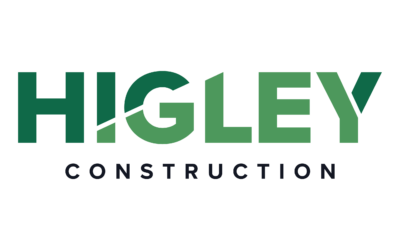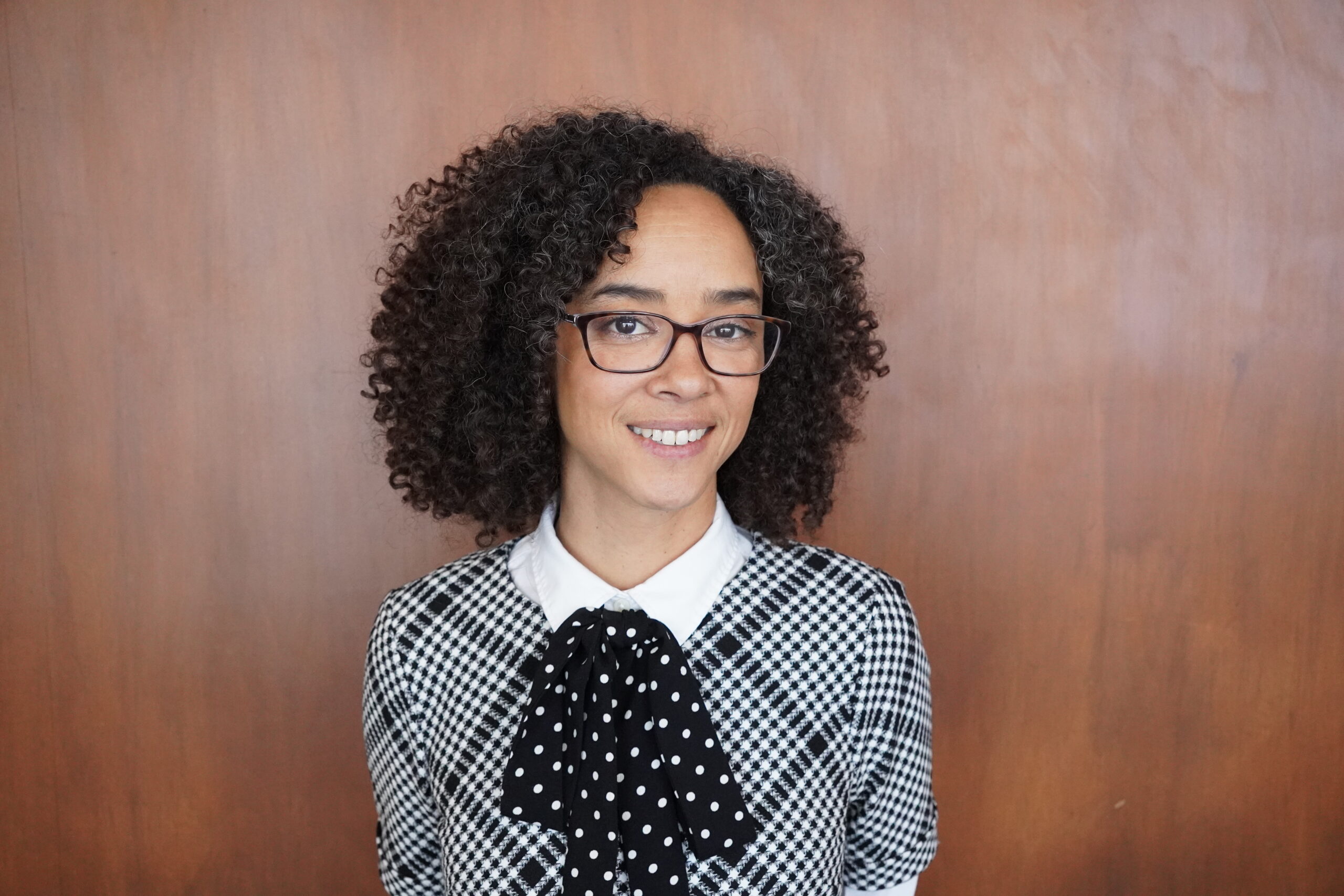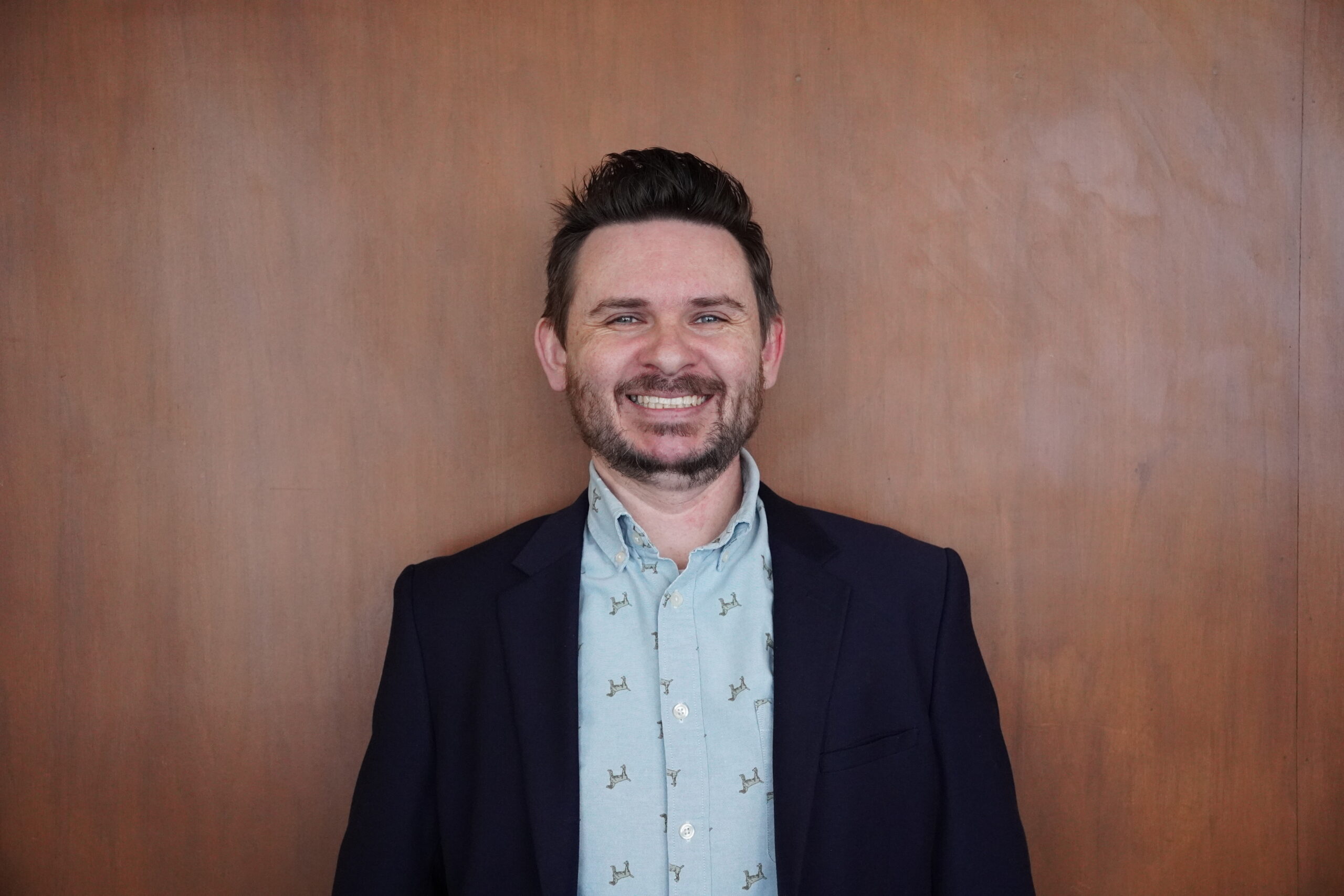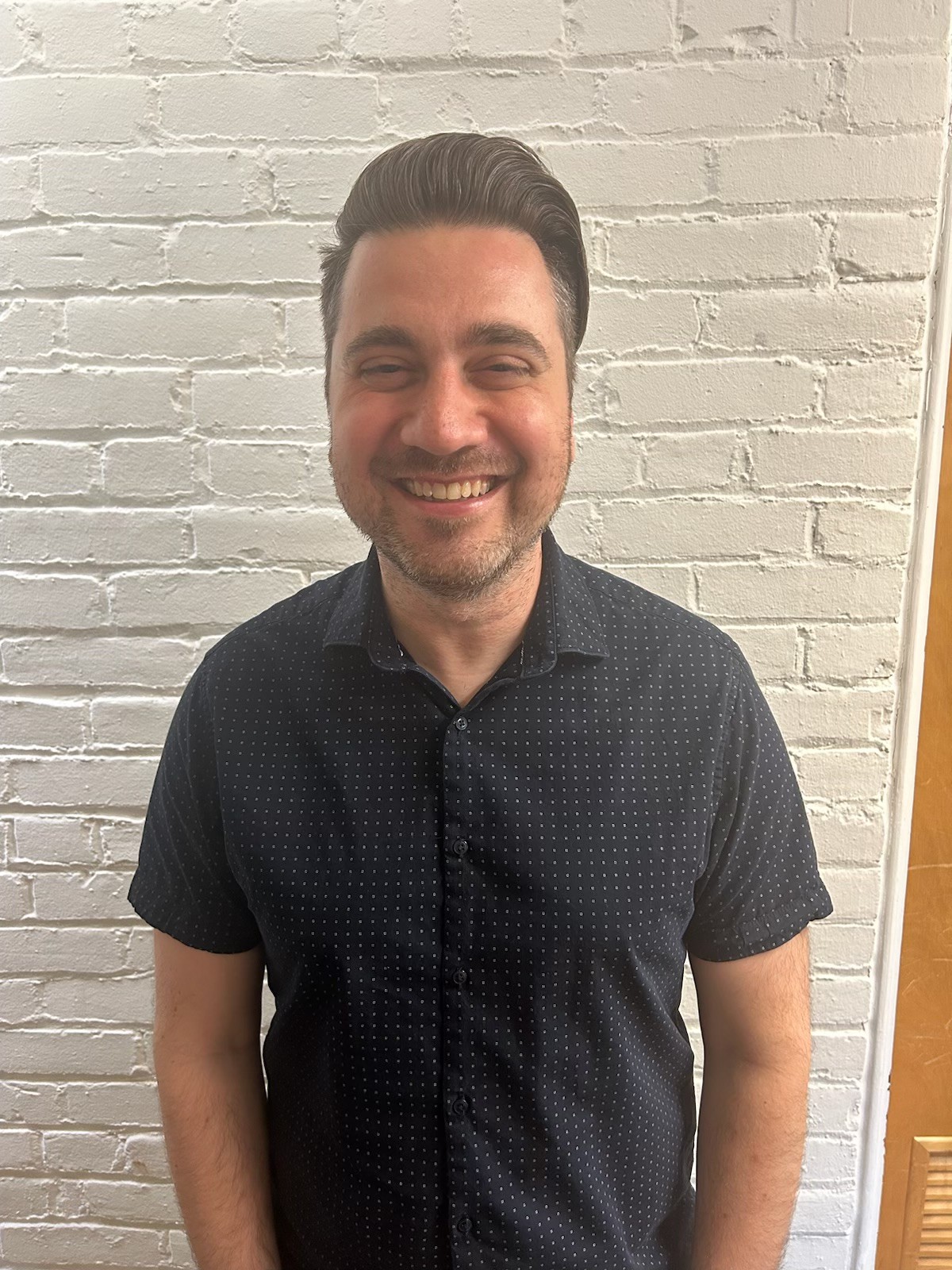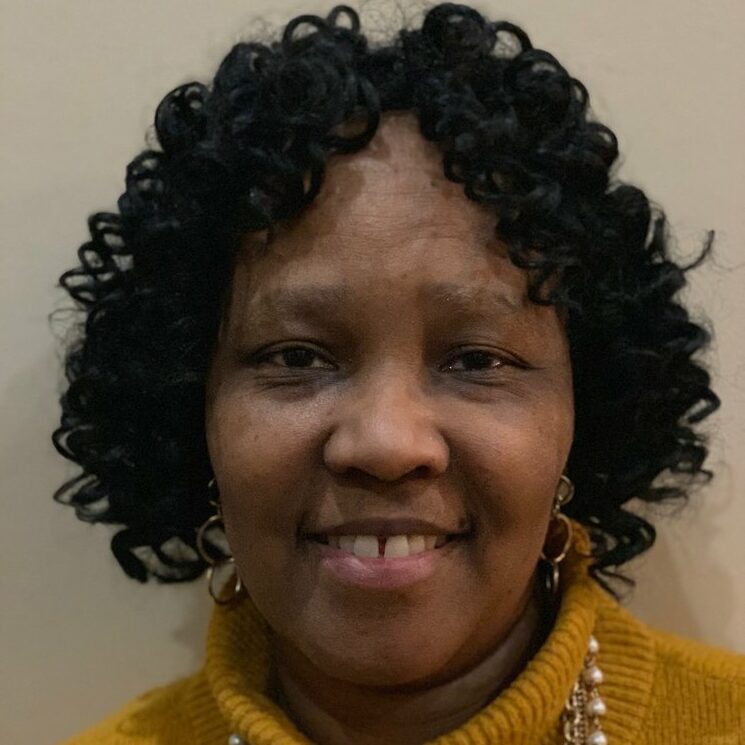Employer Member Spotlight: City of Cleveland
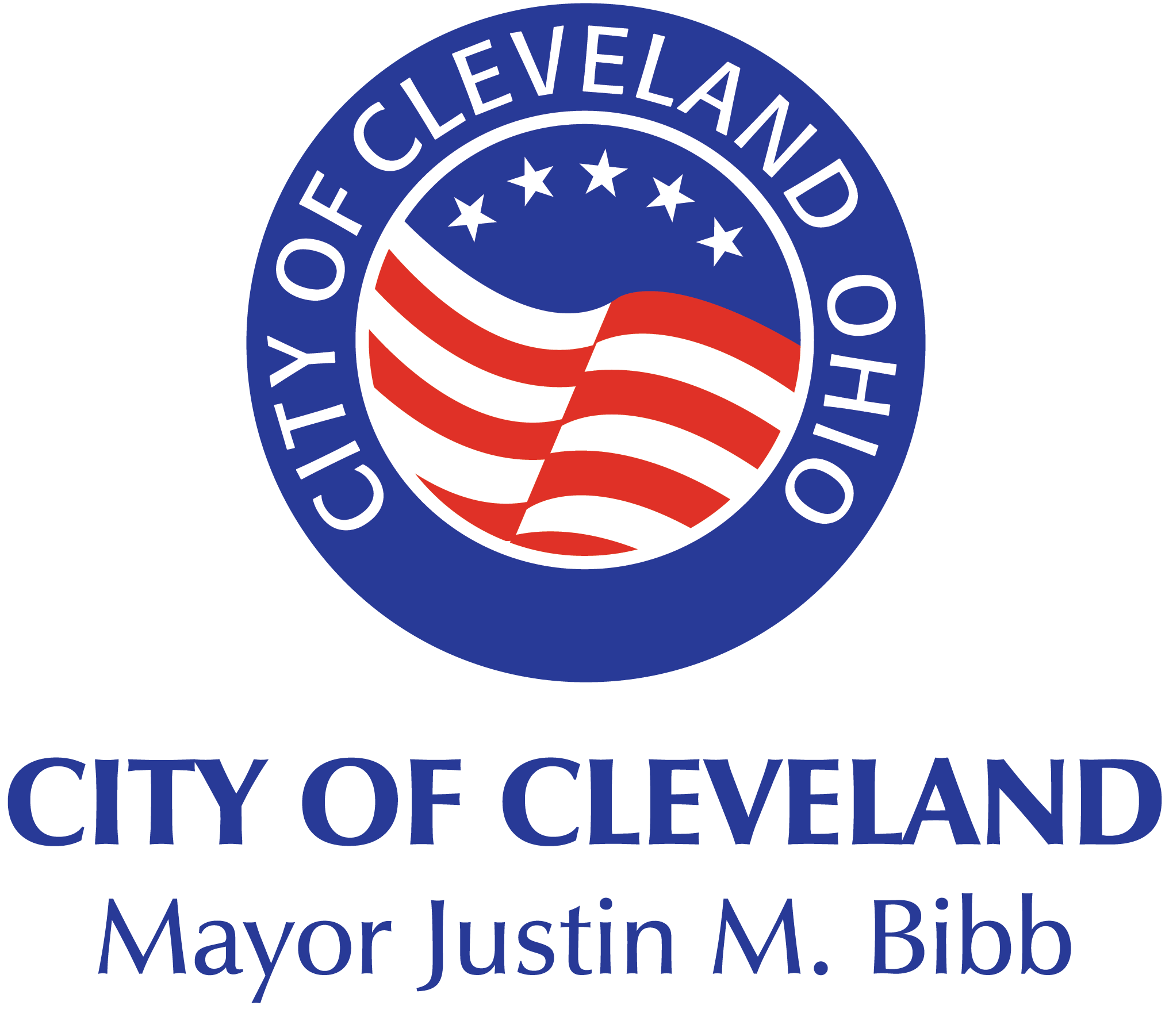
Engage! Cleveland is proud to have over 115 employer members who support our cause of making Cleveland a lasting home for the next generation. Please join us in welcoming one of our newest members by reading about them below.
Exploring the Office of the City of Cleveland, Ohio
The City of Cleveland, Ohio, operates under a mayor-council form of government, which is divided into three main branches: the executive, legislative, and judicial. This structure ensures a balanced system where each branch has distinct responsibilities and checks on the others. Here’s an overview of the key components and roles within the city’s government.
Executive Branch
The executive branch is headed by the Mayor of Cleveland, currently Justin M. Bibb. The mayor serves as the chief executive and is responsible for enforcing the city charter, ordinances, and state laws. Key responsibilities include:
- Legislative Introduction: The mayor can introduce legislation but does not have voting power.
- Departmental Oversight: The mayor supervises city services and appoints department directors.
- Contract Oversight: The mayor, along with department directors, forms the Board of Control, which oversees contract awards1.
The mayor is supported by a team of chiefs and directors who manage various city departments, such as finance, public safety, and public health3.
Legislative Branch
The legislative branch is composed of the Cleveland City Council, which consists of 17 members elected from wards across the city. Each member serves a four-year term. The council’s primary duties include:
- Budget Approval: Council members are responsible for approving city budgets.
- Legislation: They enact laws to improve the quality of life for Cleveland residents.
- Departmental Oversight: The council monitors city departments to ensure accountability4.
Judicial Branch
The judicial branch includes the Cleveland Municipal Court and the Clerk of Courts. This branch is responsible for administering justice within the city’s jurisdiction, handling cases related to local ordinances and laws1.
Departments and Services
Cleveland’s government is structured into various departments, each addressing different aspects of city life:
- Public Health: Oversees health initiatives and services.
- Public Safety: Includes police, fire, and EMS services.
- Public Works: Manages infrastructure and maintenance.
- Community Development: Focuses on economic growth and community engagement3.
Initiatives and Future Directions
Cleveland is embracing innovative approaches to urban development, such as the 15-minute city concept, which aims to create vibrant, walkable neighborhoods where residents can access essential services within a short distance8. This initiative reflects the city’s commitment to enhancing quality of life and fostering a more equitable community.
In conclusion, the Office of the City of Cleveland is a dynamic entity that works to provide effective governance and services to its residents. Through its structured branches and departments, Cleveland continues to evolve and improve, addressing both current challenges and future aspirations.
Celebrating Clevelanders: A Spotlight on the People Making Cleveland Great – May 2025
Celebrating Clevelanders: A Spotlight on the People Making Cleveland Great Thank you, Niki!...
Welcome to the Team: Meet Our New Development & Relationship Managers!
Welcome Our New Associate Director, Michael Grasso!Engage! Cleveland is growing in size! We are...
Employer Member Spotlight: Higley Construction
Employer Member Spotlight: Higley ConstructionEngage! Cleveland is proud to have over 115 employer...
